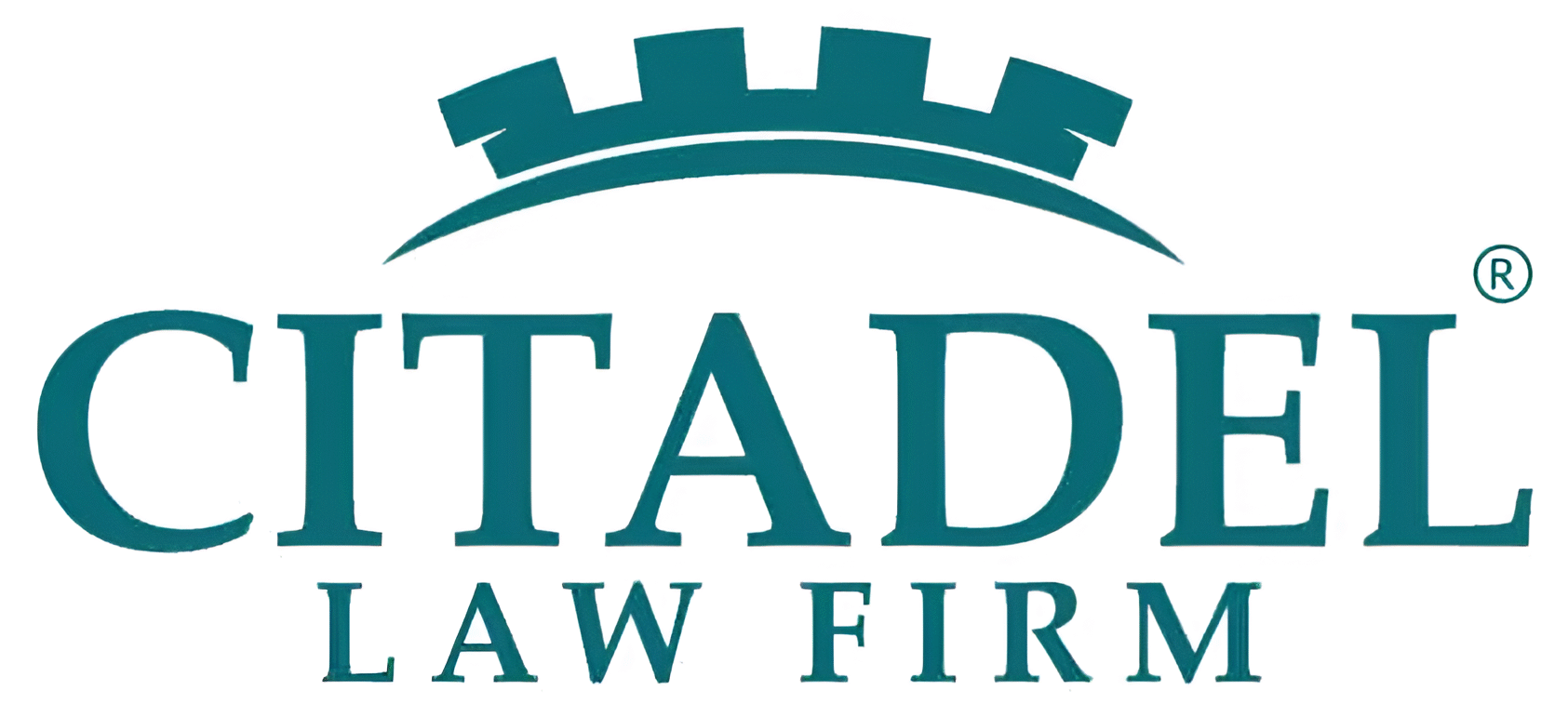Will vs Trust in Arizona: Which Do I Need?
Our Estate Planning Attorney in Chandler, AZ are here to help find the best solution

At Citadel Law Firm PLLC®, we draft Wills, Trusts, and related documents for neighbors across Chandler and the East Valley, and we see daily how the right choice saves families time, cash, and stress. This guide compares Wills and Trusts under Arizona law so you can pick the path that fits your life.
Will vs. Trust: The Basics
A Will is a written set of directions that kicks in after death and names who inherits property, who raises minor children, and who wraps up the estate. The document does nothing until the signer passes away.
A Trust is a legal entity that holds assets currently. The person who creates it, called the grantor, moves property into the bucket and names a trustee to manage those items for chosen beneficiaries.
Both tools protect families, yet they work in very different ways once Arizona statutes come into play.
Key Differences Between Wills and Trusts in Arizona
The lines below highlight how each choice handles probate, privacy, control, incapacity, and cost within our state boundaries.
Probate
A Will almost always heads to probate court, where a judge validates the document and oversees transfers. That public process can run for months and rack up filing fees.
A funded Trust skips probate, so beneficiaries receive assets sooner and with far less court oversight. Arizona offers a shortcut affidavit for estates under $75,000 in personal property and $100,000 in real estate, yet anything larger still lands in full probate without a Trust.
Privacy
Probate filings turn a Will into a public record that anyone can read at the courthouse. That means account balances, real estate values, and family names become open knowledge.
Trust papers stay in the trustee’s desk, not in the clerk’s office, so family business stays out of sight.
Control and Flexibility
With a Trust, you can spread inheritances over many years, tie gifts to milestones, or hold funds in reserve for health or school costs. A Will usually hands everything to beneficiaries in one distribution after probate wraps up.
Both Wills and Revocable Trusts can be altered while the signer stays alive and competent. Once a Trust is made irrevocable, however, changes are rarely possible.
Incapacity Planning
If the grantor of a Trust loses mental or physical ability, the named successor trustee steps in and keeps bills paid without court action.
A Will offers no help during life. Without a separate power of attorney, family members may need a conservatorship to touch assets.
Cost
Drafting a Will usually runs less than setting up and funding a Trust. Yet probate expenses often flip that math on the back end.
See the side-by-side numbers in the table below.
Phase | Simple Will | Revocable Living Trust |
Initial drafting | $300 – $900 | $2,000 – $4,000 |
Funding or asset transfer | N/A | $0 – $500 for deeds and retitling |
| Probate court & legal fees | About 3–5% of the estate value | Often none when trust is fully funded |
Up-front savings on a Will can disappear quickly if the estate later faces statutory notice, creditor deadlines, and other court-imposed steps.
Specific Considerations for Arizona Residents
Arizona’s property system and transfer shortcuts shape the decision even further. The notes below spotlight rules that only apply inside state lines.
Community Property
Married couples own most assets as community property, meaning each spouse already holds a one-half share. Titling those assets as Community Property with Right of Survivorship lets the surviving spouse take full ownership without probate or a Trust.
Beneficiary Deeds
An Arizona beneficiary deed lets you name who receives real estate at death with one recorded document. No probate is needed if the deed is drafted and recorded correctly.
Small Estate Affidavit
When personal property stays under $75,000 and real estate stays under $100,000, heirs can file a brief affidavit, collect assets, and bypass lengthy probate steps. Larger estates will not qualify.
Do You Need Both a Will and a Trust?
Many clients do choose both. A Trust holds the lion’s share of assets, while a short “Pour-Over Will” picks up any items left in the individual’s name and pours them into the Trust at death. The Will also serves as the only place to name guardians for minor children.
Choosing the Right Option: Factors to Think About
Ask yourself the questions below before meeting with counsel.
- How much is your estate worth, and do you expect that figure to climb?
- Do you mind public filings, or would you rather keep family wealth private?
- Are your heirs young, blended, or facing challenges that call for staggered payouts?
- Would you like one document to cover asset management if illness strikes?
Your answers guide whether a stand-alone Will, a Revocable Trust, or a combined plan meets your goals.
Take Control of Your Estate Planning: Contact Us Today
Citadel Law Firm PLLC® drafts Wills, Trusts, powers of attorney, and related deeds for Arizona families every day, and we aim for smooth asset transfers with minimal court time. Questions about your plan? Call us at 480-565-8020 or visit our Contact Us page. A short conversation now can spare loved ones months of courtroom red tape later.
